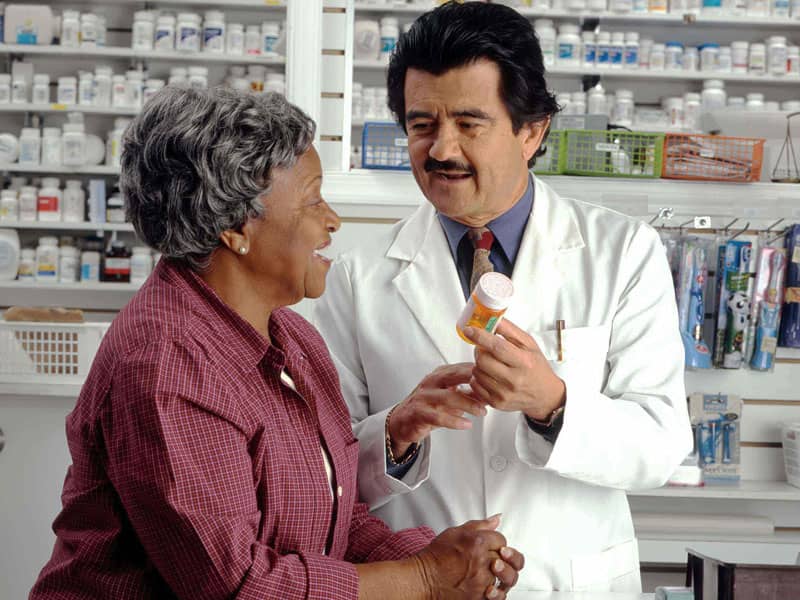Tulane awarded $2.5 million to study if removing copayments improves diabetes outcomes

A new study will help determine if a zero copay model will improve medication adherence among patients with diabetes. Photo courtesy of the National Cancer Institute.
The rising cost of medication in the United States can be a challenge for many patients with Type 2 diabetes. High out-of-pocket expenses can cause some to forgo treatment, leading to disease complications, hospitalizations and even death.
The U.S. Centers for Disease Control and Prevention (CDC) and the National Institute of Diabetes and Digestive and Kidney Diseases (NIDDK) awarded a $2.5 million grant to Tulane University School of Public Health and Tropical Medicine to work with community partners to determine if a value-based benefit approach using zero-cost copayments on drugs can improve medication adherence and outcomes for diabetes patients.
“Medication treatment non-adherence is prevalent and costly in diabetes management where cost-related non-adherence with medication therapies has to be addressed as part of the social determinants of health,” said Dr. Lizheng Shi, interim chair of the Department of Health Policy and Management at Tulane and principal investigator for the study.
The five-year grant will fund the Louisiana Experiment to Address Diabetes: Zero-Dollar Copayment project, or LEAD-ZDC. The study will examine a policy intervention of lowering out-of-pocket costs for select medications, including antidiabetics, antihypertensives, and statins. The research will compare an intervention group of Blue Cross and Blue Shield of Louisiana fully insured members with diabetes who receive a $0 copayment for select medications to a control group of self-funded employer group members with diabetes who do not receive a $0 copayment incentive.
The experiment also will explore barriers to medication adherence at patient, healthcare provider, healthcare system and community levels.
The Louisiana Public Health Institute (LPHI), Ochsner Health and the Pennington Biomedical Research Center are also partners in the study. Blue Cross will provide in-kind support of up to $2 million.
“We want to remove barriers like out-of-pocket costs that keep Louisianians from taking their needed medicines, which can be dangerous and cause lasting health damage, especially for those with chronic health problems,” said Somesh Nigam, chief analytics and data officer at Blue Cross. “We continue to commit our time, talent and technologies to improve high-quality and affordable care that also improves health outcomes for our members, including through our longstanding $0 prescription copay program.”
Blue Cross has offered a no copayment program since 2014 that has steadily grown in scope and size to more than 80,000 members. Published studies, including in the American Journal of Managed Care, already have indicated clinical and financial benefits, as well as improved health outcomes. This new effort will allow the cross-community partners to conduct a more comprehensive study.
Researchers will track the no copay model over the next five years to determine if reducing medication costs improves medication adherence.
